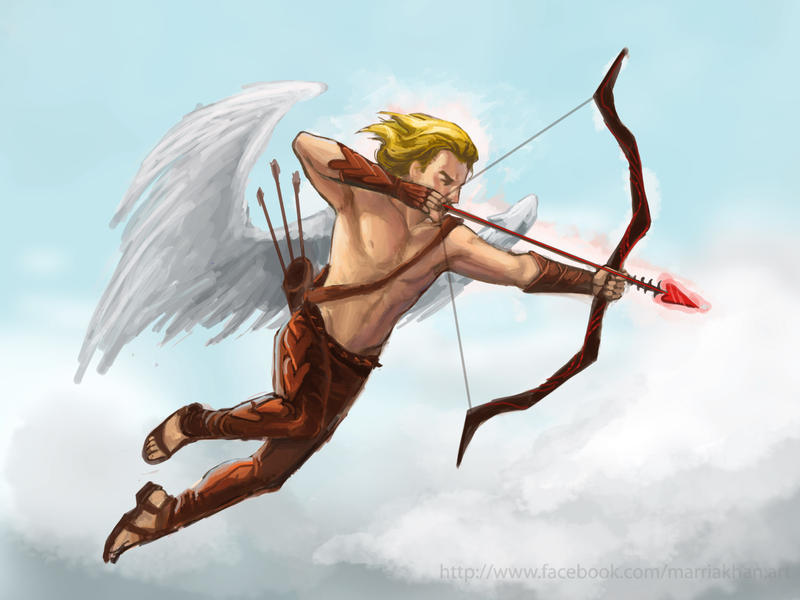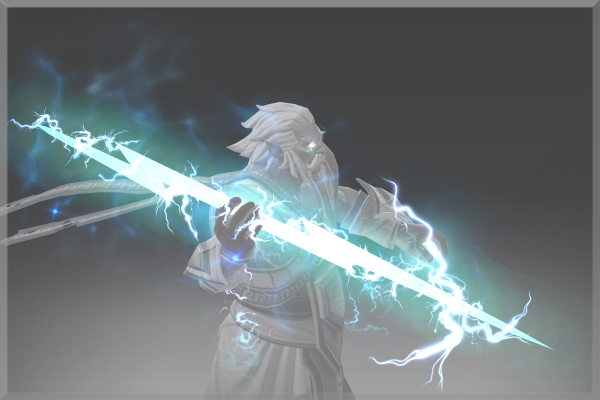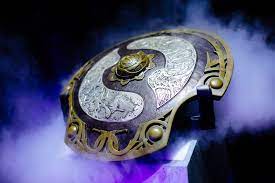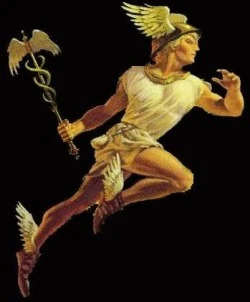10 Powerful Greek Mythical Weapons

Unlike Norse mythology, Greek myths are not generally associated with the mythical weapons of their characters. This may be partly because while the ancient Greeks were a culture steeped in warfare, they are not usually remembered as such in modern times. Additionally, many weapons used by Greek gods and heroes lack formal names, for example, they are simply referred to as Poseidon’s trident or Apollo’s bow. Nonetheless, the abundance of weapons in Greek mythology is impressive and their capabilities are nothing short of awe-inspiring.
Bow of Heracles
One of the bows in this list belonged to the famous god Heracles. Because of his immense power, the bow was so powerful that only a select few were able to shoot arrows from it. To make matters more impressive, the arrows released from the bow were also doused in deadly hydra venom – the same venom that defeated Heracles during his famous twelve attempts. Heracles used his bow to kill the Stymphalian man-eating birds that were wreaking havoc in northern Arcadia. After the death of Heracles, the bow was passed to his close friend Philoctetes. Philoctetes was also given the responsibility of lighting the pyre of Heracles.

Bow of Eros
Eros was the Greek god of love and sexuality, often depicted as a mischievous and playful young boy with wings. One of Eros’ most recognizable attributes was his bow, which he used to shoot arrows at mortals and gods alike, causing them to fall in love with the first person or experience intense feelings of hatred. While the arrows of Eros were commonly associated with love, they could also be used to inflict negative emotions. The bow was usually depicted as small and delicate, reflecting the subtlety and nuance of Eros’ powers.

Bow of apollo
Apollo, the god of archery, was often depicted carrying a golden bow and a quiver of silver arrows. He is known for many things including healing, music, dance, prophecy, and truthfulness. One of his most coveted weapons is the golden bow, which he used to accomplish great deeds. Apollo used his bow to kill Python, the serpent dragon who spawned the giant serpent Typhon, who was defeated by Zeus with his thunderbolt. Even in modern times, the golden bow remains a powerful symbol of Apollo’s prowess and power.

Medusa’s head
Medusa’s head itself was considered a powerful weapon, as it was cursed that anyone who looked into her eyes would turn to stone. Even after Perseus beheaded Medusa, her head retained its lethal power. Perseus gifted the head to Athena, who incorporated it into her shield, the Aegis, making it an even more powerful weapon. As a symbol of divine power, the Medusa-headed aegis served as a means of protection and intimidation, often depicted in art and literature as a representation of the goddess’ power and might.

Thunderbolt of Zeus
The thunderbolt, a powerful weapon in Greek mythology, was an important tool in Zeus’ rise to power. This weapon was not just a device to generate lightning and thunder, but an actual physical object. The thunderbolt enabled Zeus to unleash unstoppable bolts of lightning that could destroy anything in their path. Using the Thunderbolt, Zeus maintained an undisputed rule over the Greek Pantheon and the world. Legend has it that he still uses it to rule Olympus today. One of his greatest achievements was to kill Typhon, the giant snake who was sent by Gaia to avenge the murder of Cronus.

Trident of Poseidon
As the god of the sea and the second most powerful god in the Greek pantheon, Poseidon was often depicted carrying his mythical trident. Poseidon’s trident was a magical weapon forged by the blacksmith god Hephaestus with the aid of the Cyclops. The trident was both beautiful and downright sharp, and Poseidon rarely appeared without it. With a single strike of the trident, Poseidon can generate massive tsunami waves capable of sinking entire fleets or flooding entire islands. The weapon’s power was not limited to water, as it could also cause earthquakes and pierce any shield or armor.

Bident of Hades
The Bident of Hades, sometimes referred to as Hades’ pitchfork, while not as famous as the Trident of Poseidon, has had a lasting impact on mythology and culture. Hades is depicted using a bident or trident called Dis in Roman or Pluton in Greek, respectively. Hades uses the weapon to successfully bring Hercules out of the Underworld. Seneca also referred to Hades’ pitchfork as Infernal Jove or Dire Jove. According to Seneca, the weapon was associated with ominous or ominous signs, which increased the mystical allure of the weapon.

The Aegis
Created by Hephaestus, the aegis is a shield that also serves as a weapon. In Greek mythology, the aegis is made of polished bronze and is also known as a mirror or brass. Many gods have used the aegis, including Zeus, Athena, and the hero Perseus. Particularly noteworthy is the use of the aegis by Perseus. He used the shield during his battle with Medusa, and after killing and beheading her, her head was placed on the Aegis to make him even more formidable.

Hermes caduceus
Hermes was given the title of messenger of the gods by Zeus along with the caduceus, a rod with a unique design of two intertwined snakes and two small wings at the top. The caduceus represented the speed and adaptability of Hermes in his role as a messenger. The caduceus could put people into sleep or even a coma, and vice versa, wake them from sleep.

Chronos scythe
Cronus, the son of Gaia and Uranus, overthrew his father with the help of a mighty sickle gifted by Gaia and became the ruler of the Greek gods. While he successfully replaced Uranus, Cronus did not free Gaia’s other children from Tartarus, whereupon she cursed him to be overthrown by one of his children. This prophecy was eventually fulfilled by Zeus, who defeated Cronus and imprisoned him in Tartarus. The whereabouts of Cronus’ sickle are unknown; It is either with him in Tartarus or lost somewhere on Earth.
